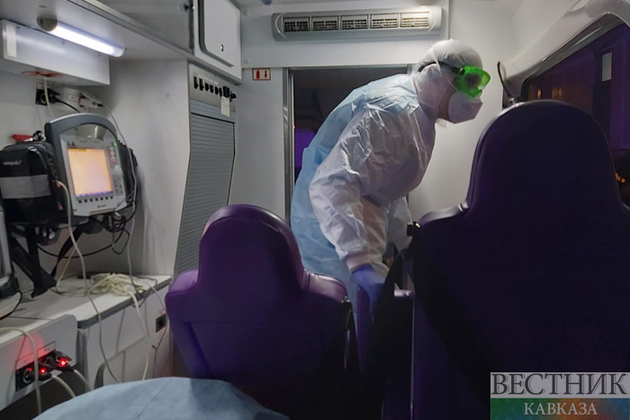The next two to four weeks may see the emergence and spread of infectious diseases in the quake-hit areas of Turkey and Syria, the Stockholm-based European Centre for Disease Prevention and Control (ECDC) said.
"Food and water-borne diseases, respiratory infections and vaccine-preventable infections are a risk in the upcoming period, with the potential to cause outbreaks, particularly as survivors are moving to temporary shelters," the statement reads.
The ECDC said that "the damaged utility infrastructure, including water and electricity, causing limited access to clean water, inadequate sanitation and hygiene facilities, improper refrigeration and cooking systems may increase the occurrence and transmission of food-and waterborne illnesses".
The agency predicted that a surge of cholera cases in the affected areas is a significant possibility in the coming weeks. Other food and/or waterborne diseases, such as hepatitis A, norovirus and rotavirus, can also cause outbreaks in camps.
Moreover, the agency said respiratory infections, such as Covid-19, seasonal influenza and other respiratory viruses are "a particular concern" to the very young and the elderly, who are more vulnerable to complications.
"Crowding conditions in temporary settlements can increase the risk of transmission of vaccine-preventable diseases, such as measles, varicella, meningitis or poliomyelitis," it said.
"Rescuers are at increased risk of tetanus from injuries and open wounds caused by contact with debris," it added.
The ECDC said that "the availability of clean water and control of food handling are among the top measures to avoid the spread of these diseases".






